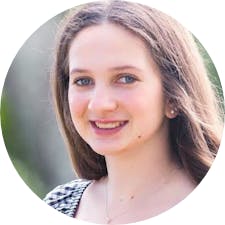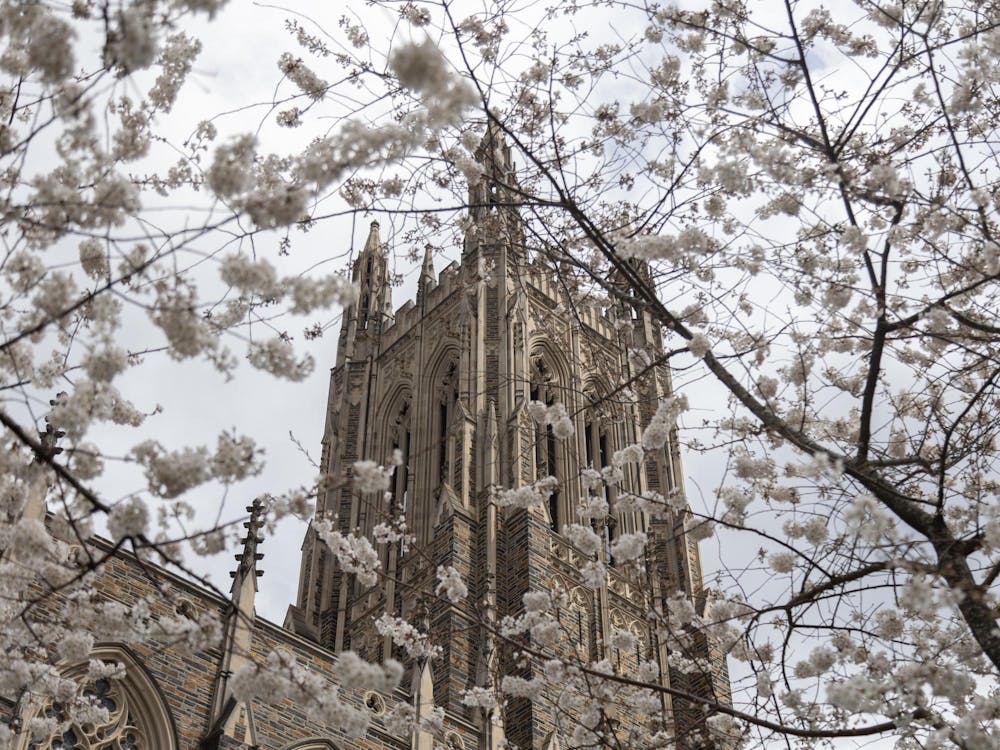Multiple times a year, a group of Duke undergraduates pack their bags and make an early morning road trip to remote areas across North Carolina. Over the two-day periods, the students work alongside medical practitioners to provide services to medically under-resourced communities, ranging from customized eyeglass fittings to dental cleanings.
Even without medical degrees, students in Duke Remote Area Medical still serve a critical role in helping source free and accessible health care across the state.
“The patients are always such a pleasure to interact [with] and talk to,” said Dental Recruitment Director Priyanka Patel, a sophomore. “They are really grateful for the service we are offering them. They aren’t, unfortunately, able to get these services anywhere else.”
Many patients RAM serves have various medical needs and come from a range of individual circumstances. While some face dental issues, for instance, they may lack dental insurance, resulting in quickly resolvable issues worsening over time. Other patients may seek out eye care, including access to prescription lenses.
In order to provide care for remote communities, the Duke team — an arm of the national RAM organization — operates across two branches. Its General Executive team organizes trips for volunteers, while the Community Host Group operates a clinic in Henderson, N.C.
For Patel, this means reaching out to a number of local health care providers who would potentially be interested in volunteering their services to RAM. Those willing to contribute can help hundreds of patients receive the care they need.
At its March pop-up clinic in Henderson, the club’s efforts resulted in 195 patients receiving prescription eyeglasses, 84 adults receiving general medical exams and 90 tooth extractions, among other assistance, including cleanings, eye exams and dental X-rays. Of those RAM served, 38% were Black, 30% were Hispanic, 14% were Asian and 9% were white.
Patel shared that in comparison to last year, when roughly 20 dentists from East Carolina University volunteered at the clinic, RAM was also able to recruit dental students from the University of North Carolina at Chapel Hill, which she described as a “big win.”
According to sophomore Albert Liu, a clinic coordination officer and member of the general executive team, around three times a year, Duke RAM sends students to clinics across the state. He characterized the trips as an opportunity for the students to broaden their understanding of communities beyond Durham.
“It’s a really good experience for … volunteers to go experience a different demographic — somewhere that’s not just the Duke student body,” he said.
Media and Promotions Officer Grace Wang, a junior, shared the importance of building trust with community members and partners to encourage them to seek RAM’s services.
She shared how collaborating with newspapers and radio stations in those areas to spread the word is key. Moreover, creating partnerships with Henderson-area schools, daycares and libraries has helped foster trust between local organizations in potentially vulnerable populations and Duke RAM.
Wang further described the process of reaching out to local partners as “eye-opening,” allowing her to consider “the struggles that people who live in very faraway areas — who maybe don't have internet or don't have all these things that we take for granted — [have].”
She also pointed to the high cost of medical care, noting that “little things, like surprise bills or small accidents, can actually have a really catastrophic, avalanche effect … show[ing] just how many gaps there are in our health care system.”
Recognizing these challenges, she noted that there are still more ways to extend RAM’s impact — specifically mentioning efforts to increase the number of providers working at the clinics.
Part of their work involves increasing advocacy beyond those areas — particularly on Duke’s campus.
Senior Sahith Kudaravalli, a member of the advocacy team, works alongside others in the organization to make health care policies “more digestible” for Duke students.
The team hosts meetings to discuss legislation and give students the opportunity to write letters backing or opposing policies, while even proposing policies themselves that they think would positively impact the health care arena. Recently, this included a policy aiming to expand the definition of a health care volunteer provider to increase patient care access.
These efforts, Kudaravalli said, aligns with his view that health care goes beyond prescribing medications and providing clinical treatment.
“It's also about addressing all these different barriers that they might face from a social and political system and how that can have as much of an impact on their care,” he said.
Get The Chronicle straight to your inbox
Sign up for our weekly newsletter. Cancel at any time.

Madera Longstreet-Lipson is a Trinity sophomore and an associate news editor for the news department.

